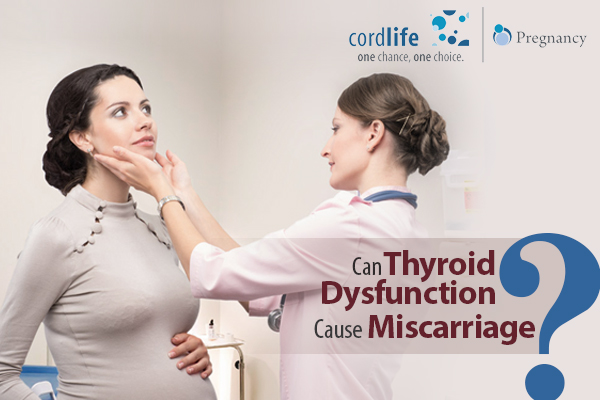Table of Contents
If you have heard about hypothyroidism or have already been diagnosed with it, then it is natural for you to wonder how it will affect your pregnancy. Whether it can cause severe complications or lead to miscarriage Is something you might be worried about. However, with proper information and timely treatment, you can protect yourself and your baby.
What is Hypothyroidism?
The thyroid is a butterfly-shaped gland situated above your collarbone that produces hormones essential for the body’s functioning. If the organ is unable to produce these hormones, it leads to slow metabolism and hormone imbalance. Rapid weight gain, hair loss, dry skin, fatigue, etc. are all signs of an underactive thyroid gland. Once diagnosed, the doctor will prescribe thyroid replacement drugs that help in maintaining the TSH levels in your body.
How Does Hypothyroidism Affect Pregnancy?
Thyroid hormones are needed for the growth and metabolism of the developing fetus. The mother’s body fulfils this need. However, if the mother has hypothyroidism, then there is an increased risk of low birth weight, preeclampsia, anaemia, and even miscarriage.
In a study1 conducted to understand the impact of Subclinical Hypothyroidism (SCH) during pregnancy on the wellbeing of both mother and baby, it was found that there is an increased chance of preterm delivery and placental abruption causing miscarriage. Another Chinese research2 published in 2014 stated that there is a greater risk of miscarriage between 4 to 8 weeks of pregnancy in women with SCH and Thyroid Autoimmunity (TAI).
What are the Symptoms of Hypothyroidism?
If you are wondering whether you have an underactive thyroid, here are some symptoms you need to watch out for:
- Excessive weight gain
- Swollen face
- Fatigue
- Joint pains
- Intolerance to cold
- Constipation
- Dry or itchy skin
- Hair fall
- Irregular or heavy periods
- Miscarriage
- Depression
If you have two or more of these symptoms, you should consult an endocrinologist and get the thyroid test done. This test will measure the TSH levels in your blood, and if these levels are high, it means that your thyroid gland is not producing enough hormones. Based on the test result, your doctor will recommend a suitable treatment.
What is the Treatment for Hypothyroidism?
The most common way of treating hypothyroidism is with a thyroid replacement medication called Levothyroxine. It’s a pill that you will be asked to take every day. Initially, your doctor will ask to do a repeat test after 4-6 weeks to be able to prescribe the right dosage.
If you have been taking thyroid medication before pregnancy, then your doctor may increase the dose of Levothyroxine to help maintain normal hormone levels. Your doctor may also ask you to get a TSH test done every 4 weeks until you reach mid-pregnancy to ensure your baby’s health and safety. Once you have delivered, the doctor will again adjust the dose of medication as you may require a lower amount.
Even if you are detected with hypothyroidism during pregnancy, you can still stay healthy and protect the health of your baby. All you need to do is take the prescribed medication, do the required tests, follow a healthy lifestyle, and keep calm.
